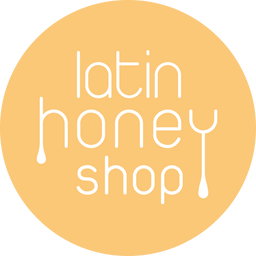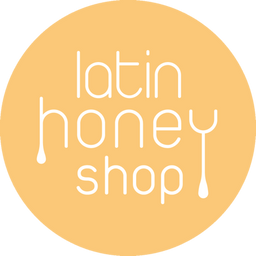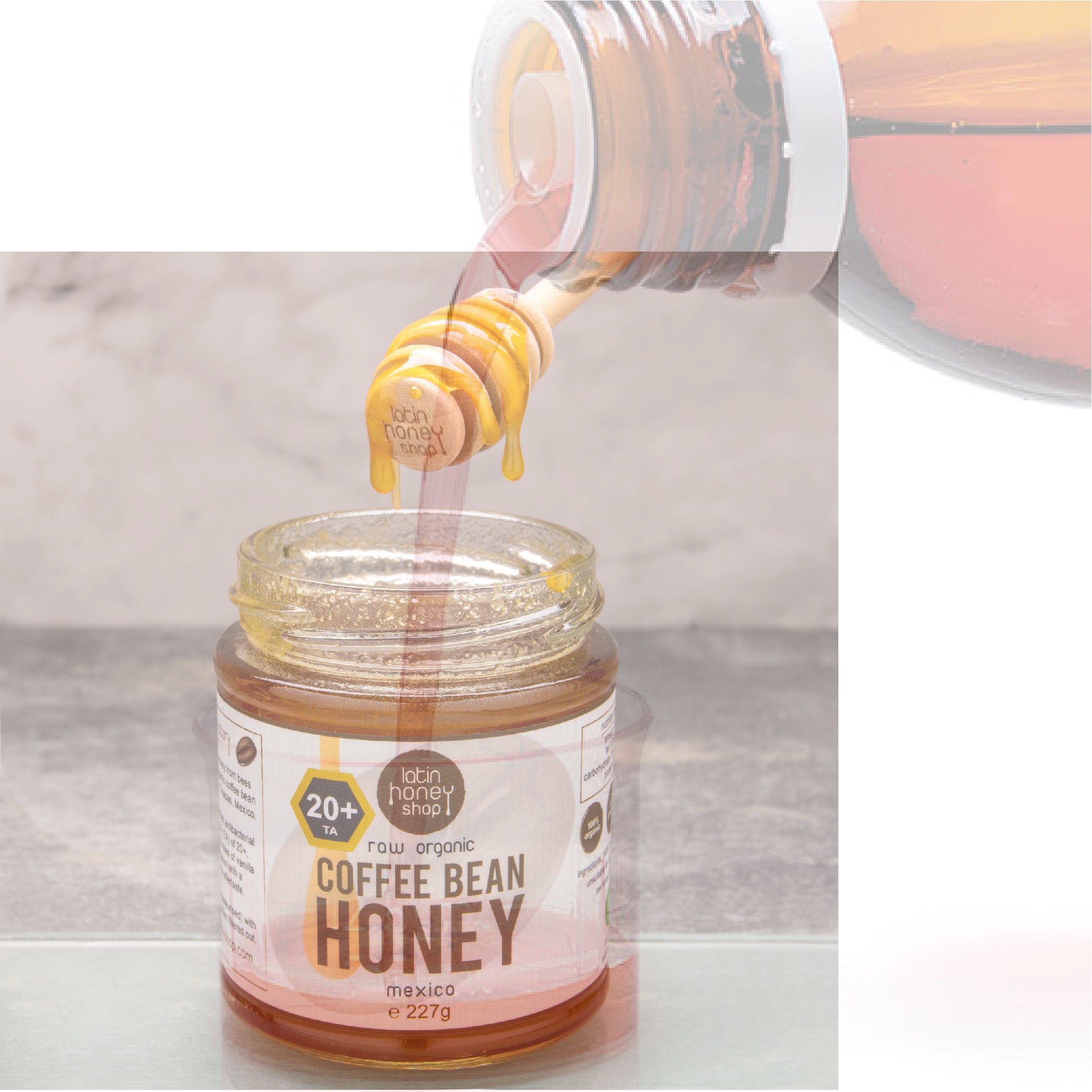In August 2018, Public Health England issued guidelines to GPs that patients should treat acute coughs with honey instead of being prescribed antibiotics.
In earlier guidance issued in 2009, the Commission on Human Medicines (UK) advised that there is evidence that over the counter cough medicines cause more harm than benefit.
What ingredients do cough medicines contain?

The most common cough medicines contain the following active ingredients:
- Antitussives (dextromethorphan and pholcodine).
- Expectorants (guaifenesin and ipecacuanha).
- Nasal decongestants (ephedrine, oxymetazoline, phenylephrine, pseudoephedrine, and xylometazoline).
- Antihistamines (brompheniramine, chlorphenamine, diphenhydramine, doxylamine, promethazine, and triprolidine).
Why are cough medicines not good for you?

The Commission on Human Medicines stated in its advice:
"Given that there have been some reports of harm with these ingredients, the risks of cough and cold medicines containing them outweigh the benefits."
Why should you not take antibiotics if you have a cough?

Antibiotics are used to treat infections caused by bacteria. However, most acute coughs are caused by viruses which neither need, nor respond to antibiotics.
Antibiotics can have unpleasant side effects so they should only be used when deemed absolutely necessary by your doctor.
Most acute coughs clear up by themselves, within a few days, but can last up to three weeks in some cases.
If your cough has not cleared up in three weeks you should see your doctor.
Why is honey recommended to treat coughs?

Public Health England found evidence from three randomised controlled trials that children given honey coughed less often and less severely than those given no treatment.
This evidence led Public Health England to suggest that honey can be used to relieve cough symptoms in children over 1 and adults.
How does honey relieve coughs?

The stickiness and viscosity of honey is what helps to relieve coughs.
Dr Mia Finkelston of Live Health Online suggests,
"Honey is a demulcent which has been known to soothe irritated mucous membranes and this, in turn, can help remove the irritant that stimulates the cough reflex."
A 2012 study on the effectiveness of honey on coughs found that honey contains more than 181 different natural substances and suggested its antioxidant and antimicrobial properties may explain why honey is effective on coughs.
Paediatric Professor Anne Chang explains, "In addition to honey coating the throat and triggering the swallowing mechanism, its sweetness likely changes the sensitivity of sensory fibres."
Which honey is the best for coughs?

Honey that is processed or filtered to remove the pollen (like most supermarket honey) is hardly better than sugar mixed in water.
For honey to be effective it has to be in its most natural form, i.e. both raw and organic.
The best honey for coughs is raw organic active honey. Active honey is honey that has been tested by an independent laboratory to possess antibacterial activity.
Honey should have a strength of at least 10+ total activity to be effective.
How should I take active honey to relieve coughs?

Active honey is very powerful so it should be taken in small amounts one teaspoon at a time.
Mix a teaspoon of active honey in a glass or mug of warm (not hot) water until you get a runny consistency.
Drink on an empty stomach three times a day, half an hour before food.
For severe coughing bouts you can also take a teaspoon of active honey neat, but mixed in water is always better.
What side effects does honey have?

Unlike artificial medicines, honey is a natural substance that does not have any side effects... unless it is consumed in excess.
Like anything, honey should not be taken in excess. It contains calories so excessive consumption can lead to weight gain.
It also contains natural sugars that wear away tooth enamel if consumed excessively.
Raw honey should not be given to infants under 12 months of age because of the risk of infant botulism.
The Latin Honey Shop sells three active honeys: the 20+ Active Raw Organic Coffee Bean Honey from Mexico (equal to 20+ TA manuka honey), the 15+ Active Raw Organic Amazon Jungle Honey from Brazil (equal to 15+ TA manuka honey) and the 10+ Active Raw Organic Honey from Mexico (equal to 10+ TA manuka honey).






